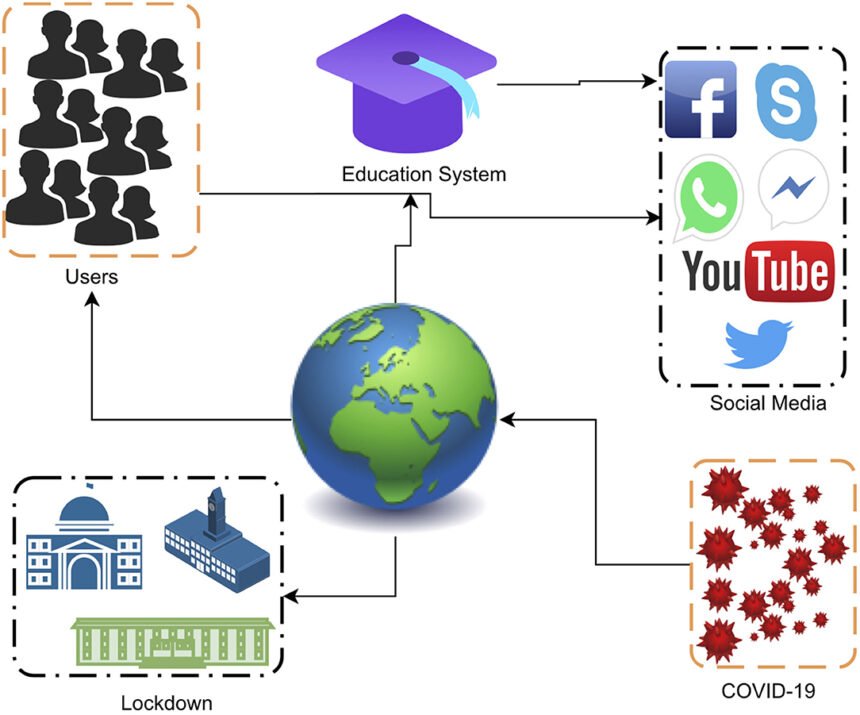Introduction
In the digital age, social media has become an integral part of our daily lives, transforming the way we communicate, access information, and interact with others. These platforms have a profound impact on society, influencing everything from personal relationships to political discourse. In this blog, we will explore the impact of social media on communication and society, discussing both the positive and negative aspects of this influential technology.
Connectivity and Global Communication: One of the most significant impacts of social media is its ability to connect people across the globe. Platforms like Facebook, Twitter, and Instagram allow individuals to interact and share information in real time, regardless of geographic boundaries. Social media has opened up new avenues for communication, enabling us to connect with friends, family, and even strangers from different cultures and backgrounds. It has facilitated the exchange of ideas, fostered global communities, and helped raise awareness about social issues.
Democratization of Information: Social media has democratized the flow of information, giving individuals the power to create and share content. Traditional media gatekeepers no longer have exclusive control over news dissemination. Users can share news, opinions, and personal experiences instantly, bypassing traditional channels. This has led to the rise of citizen journalism and the amplification of marginalized voices. However, the abundance of user-generated content also poses challenges in verifying the accuracy and reliability of information.
Influence on Politics and Activism: Social media has become a powerful tool for political discourse and activism. It has played a significant role in mobilizing grassroots movements, organizing protests, and raising awareness about social and political issues. Platforms like Twitter have allowed politicians to communicate directly with their constituents, bypassing traditional media channels. However, social media’s influence on politics is not without controversy, as it can also be a breeding ground for misinformation, echo chambers, and the spread of divisive narratives.
Impact on Mental Health and Well-being: While social media has its benefits, it also has a darker side that can impact mental health and well-being. The constant exposure to curated, idealized versions of other people’s lives can lead to feelings of inadequacy and low self-esteem. The fear of missing out (FOMO) and the pressure to present a perfect image can contribute to increased anxiety and depression. Moreover, cyberbullying and online harassment have become pressing concerns, highlighting the negative impact of social media on mental health.
Privacy and Data Security: Social media platforms collect vast amounts of personal data, raising concerns about privacy and data security. Users often share personal information willingly, but the misuse and mishandling of this data by third parties have raised alarm bells. The Cambridge Analytica scandal and other data breaches have highlighted the need for stronger privacy regulations and increased transparency in how social media platforms handle user data.
Conclusion
Social media has undeniably transformed the way we communicate and interact with society. It has connected people globally, democratized the flow of information, and empowered individuals to have a voice. However, it is essential to navigate the complexities of social media responsibly. Recognizing the impact on mental health, understanding the implications of misinformation, and safeguarding privacy and data security are crucial steps in harnessing the positive potential of these platforms. By using social media mindfully, we can ensure that it continues to be a powerful tool for communication, community building, and positive societal change.
